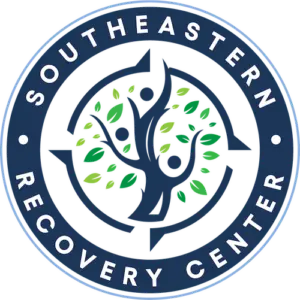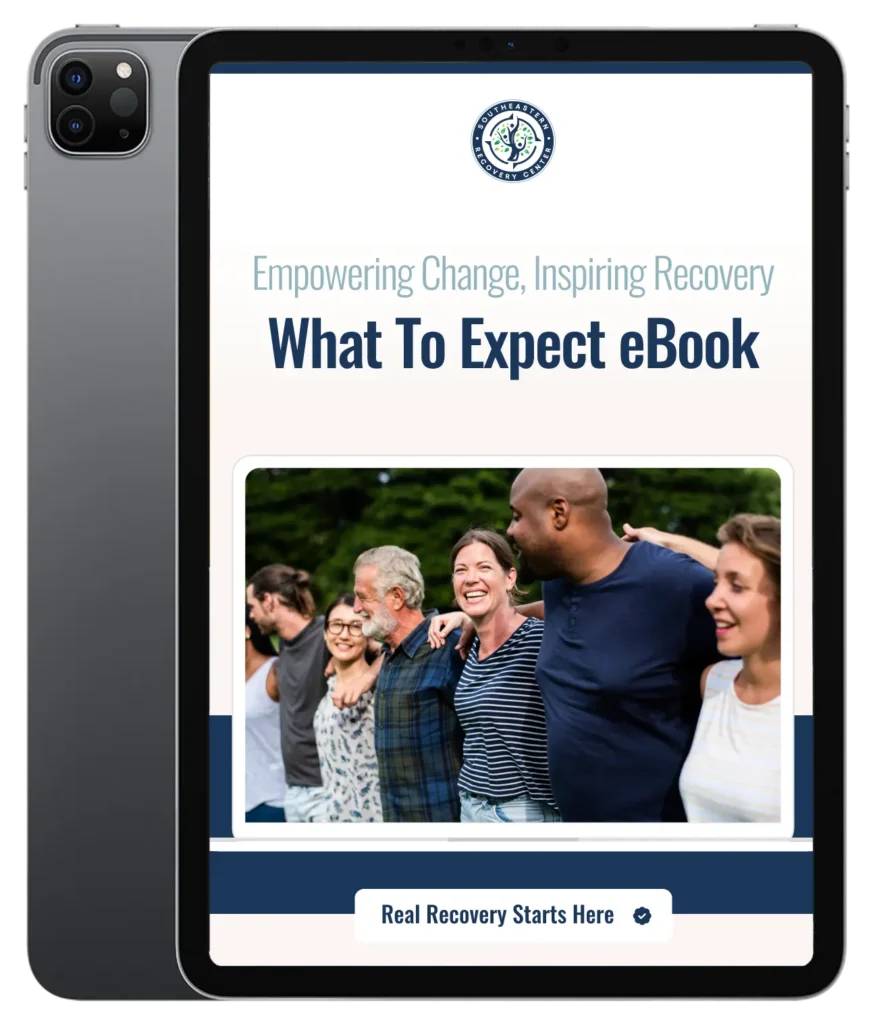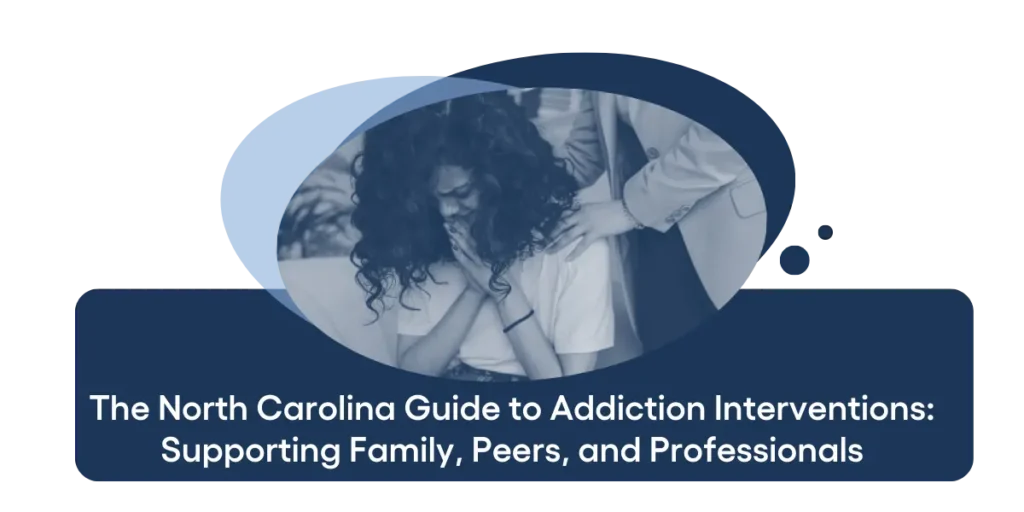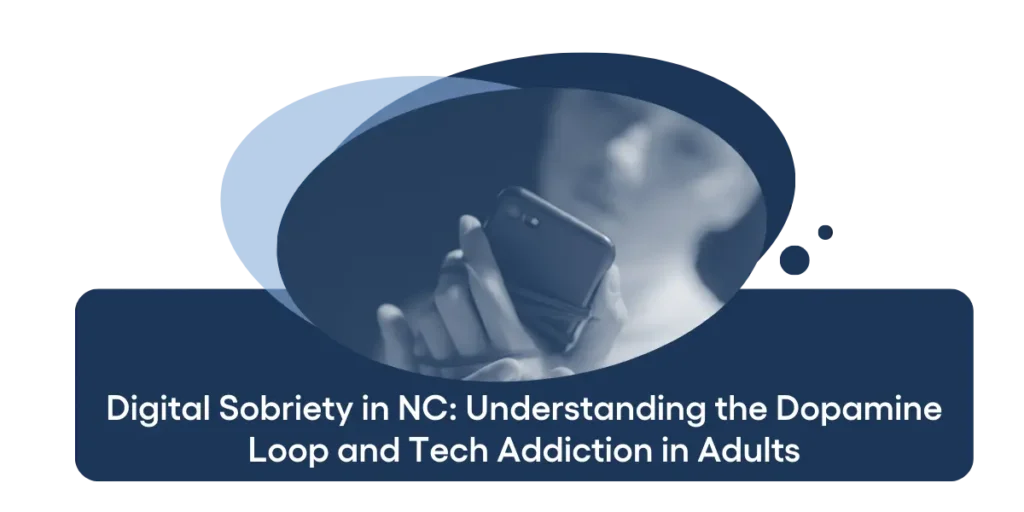Quitting alcohol cold turkey can be effective for some individuals, but it is not advisable for everyone, particularly those with heavy or long-term alcohol use.
Quitting alcohol cold turkey can be a challenging road to sobriety. According to the 2022 National Survey on Drug Use and Health (NSDUH), 29.5 million people aged 12 and older reported having alcohol use disorder (AUD). Even though quitting alcohol cold turkey is not recommended – there are ways to stop alcohol use and begin living a sober life.
This guide will provide you with practical steps, tips, and insights to help you navigate this significant lifestyle change. While quitting alcohol abruptly may not be suitable for everyone, understanding the process can equip you with the knowledge and confidence to make an informed decision.
What Does It Mean to Quit Alcohol Cold Turkey?
Quitting alcohol cold turkey is a bold and straightforward approach to overcoming alcohol dependence. It means stopping drinking abruptly and completely, without any gradual reduction or medical aid. Making the decision to quit drinking is a significant step toward improving your health, relationships, and overall quality of life. However, the journey to sobriety can be difficult, especially if you have been a heavy or long-term drinker.
While cold turkey can be effective for some people, it’s important to understand the challenges and risks involved.
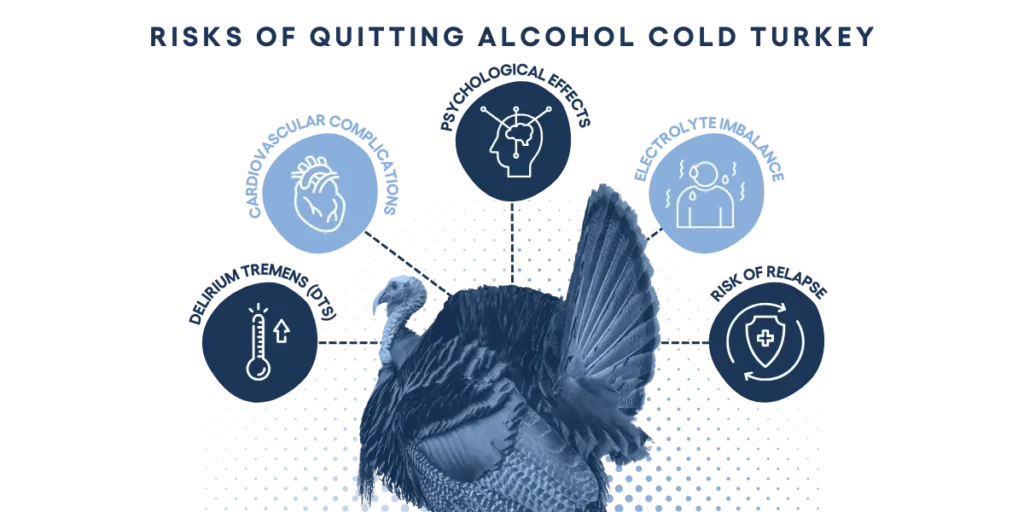
Risks of Quitting Cold Turkey
Quitting alcohol cold turkey can seem like a straightforward solution to ending dependence, but it comes with its own set of risks. While some people can manage this abrupt change successfully, for others, especially those who have been heavy or long-term drinkers, the sudden cessation of alcohol can lead to serious health complications. Understanding these risks is crucial for anyone considering this method. From intense withdrawal symptoms to potential medical emergencies, it’s important to be fully aware of what might happen when you stop drinking all at once.
Severe Withdrawal Symptoms
Quitting alcohol cold turkey can lead to various withdrawal symptoms as your body adjusts to the absence of alcohol. One of the common effects is heightened anxiety and irritability, which can make the process emotionally challenging. Many people also experience tremors, particularly in the hands, as their nervous system reacts to the sudden change. Excessive sweating and fever are typical as your body works to expel toxins, leading to discomfort and dehydration.
Gastrointestinal distress, including nausea and vomiting, can make it difficult to keep food and fluids down, compounding the physical strain. Intense headaches or migraines often accompany the withdrawal process, adding to the overall discomfort. Difficulty sleeping, or insomnia, is another frequent symptom that can exacerbate other withdrawal effects and make recovery even more challenging.
Delirium Tremens (DTs)
Delirium tremens (DTs) is a severe form of alcohol withdrawal that can lead to serious symptoms. One of the most troubling is severe confusion and disorientation, which can leave you feeling lost and scared. Hallucinations are also common, whether they’re visual, auditory, or tactile, making the whole experience even more frightening and dangerous. Seizures can occur during DTs, and these can be life-threatening if you don’t get immediate medical help. Additionally, DTs can cause dangerously high fevers and excessive sweating, both of which require urgent medical attention to ensure your safety.

Cardiovascular Complications
Cardiovascular complications are a serious concern when quitting alcohol cold turkey. One major issue is an increased heart rate, which can be particularly dangerous if you have pre-existing heart conditions. Withdrawal can cause your heart to beat faster, putting extra strain on your cardiovascular system. These potential health threats make it crucial to approach quitting with caution and, ideally, under medical supervision.
Suddenly stopping alcohol can also lead to spikes in blood pressure, heightening the risk of a stroke or heart attack.
Psychological Effects
Quitting alcohol cold turkey can have significant psychological effects. One major issue is the onset of severe mood swings and depression, as the absence of alcohol disrupts your emotional balance. This can make it really tough to stay motivated and maintain a positive outlook. These psychological challenges highlight the need for a strong support system and coping strategies to help you through the process.
Along with mood changes, you might experience intense cravings for alcohol, which can be hard to resist and increase the risk of relapse.
Dehydration and Electrolyte Imbalance
When you quit alcohol cold turkey, vomiting and excessive sweating can lead to dehydration. If not managed properly, this can be dangerous and add to your discomfort. The loss of fluids can cause an imbalance of electrolytes, which are crucial for normal body functions. If not corrected, this imbalance can lead to further complications.
Risk of Relapse
One of the major challenges of quitting alcohol cold turkey is the high risk of relapse. The intensity of withdrawal symptoms can make it difficult to stay sober, and the strong cravings for alcohol can increase the likelihood of slipping back into drinking.
Health Complications
For those with existing health issues, quitting alcohol abruptly can exacerbate these problems. The sudden change can lead to more severe health complications, making it even more important to approach quitting with caution and, ideally, under medical supervision.
What to Do If You Plan on Trying to Quit Alcohol Cold Turkey
Deciding to quit alcohol cold turkey is a significant and courageous step toward improving your health and well-being. This method involves stopping alcohol consumption abruptly without gradually reducing intake or using medical aids. While quitting cold turkey can be effective for some, it can also be challenging and come with certain risks, particularly for those who have been heavy or long-term drinkers. Proper preparation and support are crucial to successfully navigate this process.
- Consult a Healthcare Professional – Before making any drastic changes, it’s crucial to talk to a healthcare provider. They can assess your health and drinking patterns, provide guidance on the safest way to quit, and help you understand what to expect.
- Set a Quit Date – Choose a specific date to quit and mark it on your calendar. Having a clear target can help you mentally prepare and commit to your decision.
- Inform Your Support System – Tell your family, friends, and anyone else who can offer support about your plan. Their encouragement and accountability can be incredibly valuable during this challenging time.
- Remove Alcohol from Your Home – Clear out any alcohol from your house to reduce temptation. Make sure to check for hidden bottles and dispose of any alcohol-related items that might trigger cravings.
- Prepare for Withdrawal – Withdrawal symptoms can be tough, so it’s important to be ready. Arrange for time off work, if possible, and create a comfortable space where you can rest and recuperate. Stock up on essentials like water, nutritious food, and any over-the-counter medications that might help with symptoms like headaches or nausea.
- Stay Hydrated and Eat Well – Drink plenty of water to stay hydrated and help flush toxins from your body. Eating balanced, nutritious meals can support your body’s healing process and provide the energy you need to cope with withdrawal.
- Keep Busy – Staying occupied can help distract you from cravings and the discomfort of withdrawal. Engage in activities you enjoy, such as hobbies, exercise, or spending time with supportive friends and family.
- Seek Support – Joining a support group like Alcoholics Anonymous (AA) can provide a community of people who understand what you’re going through. Sharing your experiences and hearing others’ stories can be incredibly motivating and helpful.
- Monitor Your Health – Keep a close eye on your physical and mental health throughout the process. If you experience severe withdrawal symptoms like hallucinations, seizures, or extreme confusion, seek medical help immediately.
- Develop Coping Strategies – Identify triggers that make you want to drink and develop strategies to cope with them. This might include stress management techniques like deep breathing, meditation, or engaging in physical activity.
- Celebrate Small Wins – Each day without alcohol is a step towards a healthier, happier life, and acknowledging your achievements can boost your motivation. Recognize and celebrate your progress, no matter how small.
- Plan for the Long Term – Quitting alcohol is a long-term commitment. Think about how you will maintain your sobriety in the future. This might involve ongoing therapy, continuing to attend support group meetings, or finding new hobbies and activities to fill your time.

Get Help Quitting Alcohol
Quitting alcohol cold turkey is a courageous and life-changing decision that can lead to a healthier, happier future. However, it is essential to approach this journey with the right preparation and support to ensure success and safety. If you’re ready to take this step, consider reaching out to Southeastern Recovery Center. Our team of dedicated professionals can provide the medical guidance, emotional support, and resources you need to navigate the challenges of quitting alcohol.
Don’t face this journey alone. Contact Southeastern Recovery Center today to get the support and care you deserve. With our help, you can successfully quit alcohol and embrace a brighter, healthier future.
